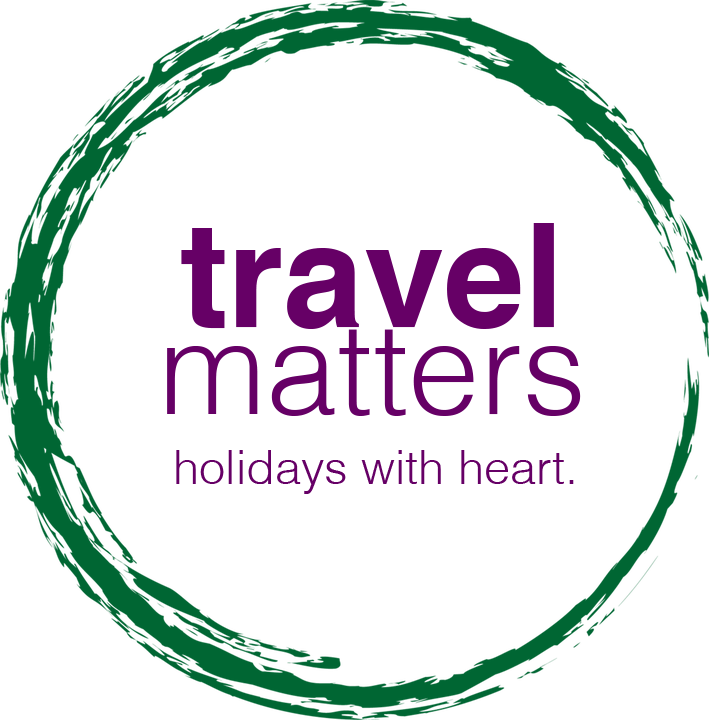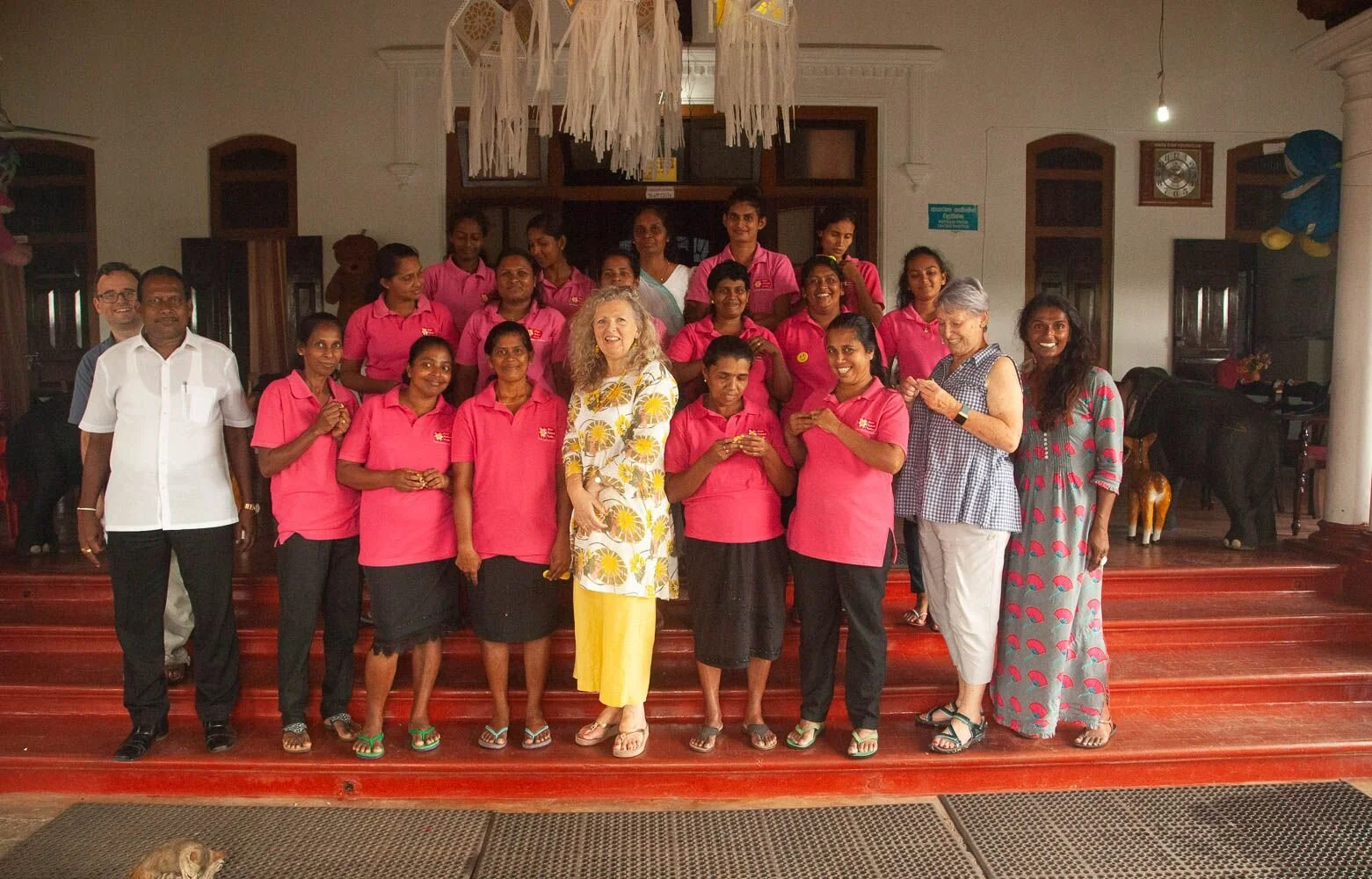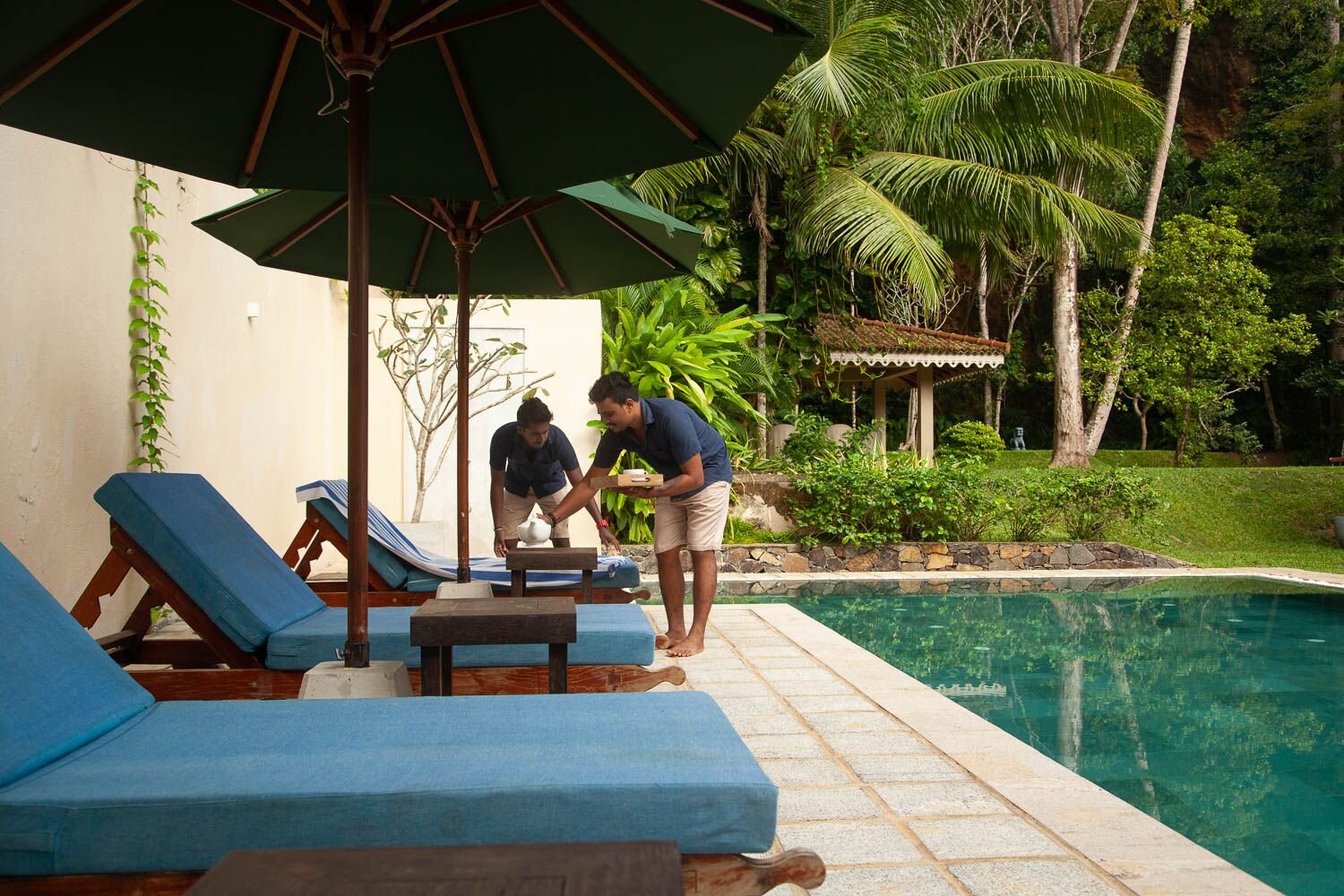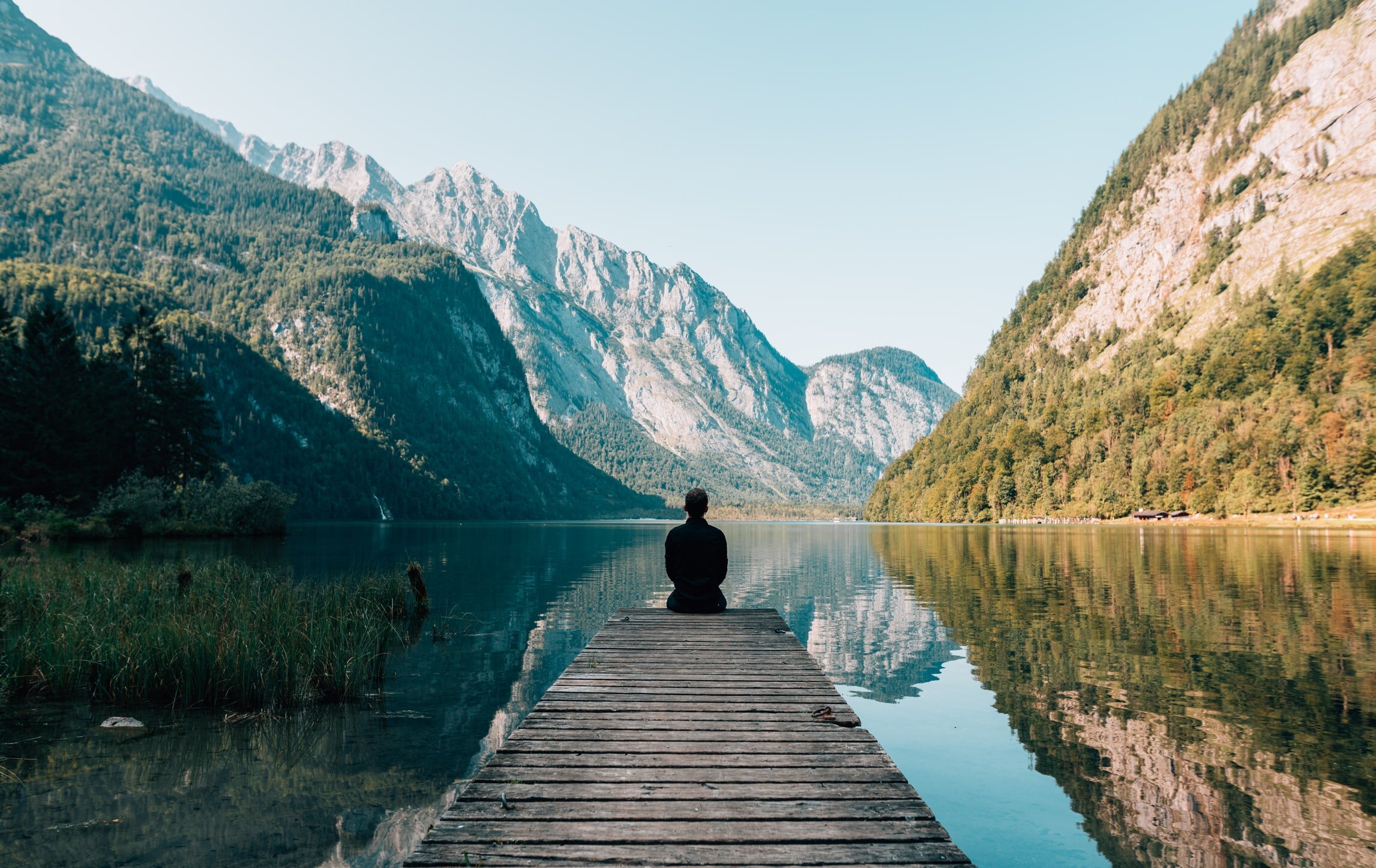There is no doubt that South Africa has had a torrid time since the Covid-19 pandemic took hold, exacerbating many of their pre-existing social and economic challenges. With unprecedented job losses, the extended health crisis, political flare-ups, and food insecurity that affects up to 2,5 million people every day, the result is a battle-scarred national psyche, as they struggle to hold onto any sense of optimism and positivity.
Countering this pervasive negativity, an inspired collective of purpose-pioneers believe they have a positive contribution to make. “We had to do something to dissolve despair and make hope our emotional fuel for a brighter tomorrow. We can rebuild South Africa together if we believe it in our heads and feel it in our hearts” says entrepreneur Tom Fels, who along with several collaborators, founded the social impact initiative, Grow Hope.
Designed as a shared-value platform, Grow Hope leverages the power of creativity to improve national sentiment, by uniting artists and brand sponsors to seed city artworks with messages of hope and togetherness, showcased on large scale billboards as part of a national, synchronised outdoor media campaign.
Post use, the material from these hope-billboards are recycled into vegetable grow-bags by Growbag Upcycled, a social enterprise, and are distributed to food security NGO’s that administer community agriculture training in Cape Town, Durban and Johannesburg, along with financial support for their work.
It’s an approach that Fels describes as ‘brand good’, offering corporate sponsors the benefit of branded exposure on artworks created by South Africa’s hottest design talent - from street artist Keith Vlahakis, to Mandela Rhodes Foundation designer Vumile Mavumengwana and young fashion design maven Ishaarah Arnold – together with the downstream impact of providing the recycled materials and support to community NGO’s. This straddles both brand marketing and CSI – with mutual benefit for every Rand spent.
“To start an allied movement, everyone needs the motivation and incentive to participate. We’ve architected the initiative to ensure that we create win-win-win opportunities for all stakeholders, from the artists, brands and media owners to the social enterprise and NGO’s that have joined us to grow hope”.
With access to a national network of billboard sites through initiative partner Tractor Outdoor, Grow Hope is positioned to reach up to 10 million South Africans. “The potential impact of seeing colourful and inspiring artworks every day to brighten an otherwise gloomy outlook gives us all a great sense of motivation” says Fels. It is a sentiment being shared early on by corporate partners, who see the timing of this initiative as necessary. It is the contributions of these partners that activates the for-good ecosystem, putting the citizen back in corporate-citizenship. Fels is keen to build a growing network of nation-building brands to sustain and fuel the movement.
Optimistic young Grow Hope Creative Ambassador, Tennessee Barber, whose design work is included among the founding pieces, describes hope as ‘colourful and alive with possibility’. Her sentiments are echoed by fellow design contributor Jesse Yende, founder of NPO “The South Africanist” and creative activist for positive community impact.
“If we can disrupt everyday monotony with flashes of hope and unity that register a response, then we can inspire people to own their role in building a brighter future. That’s a South Africa we all want to be a part of.
Check out their website for more information www.growhope.co.za
































